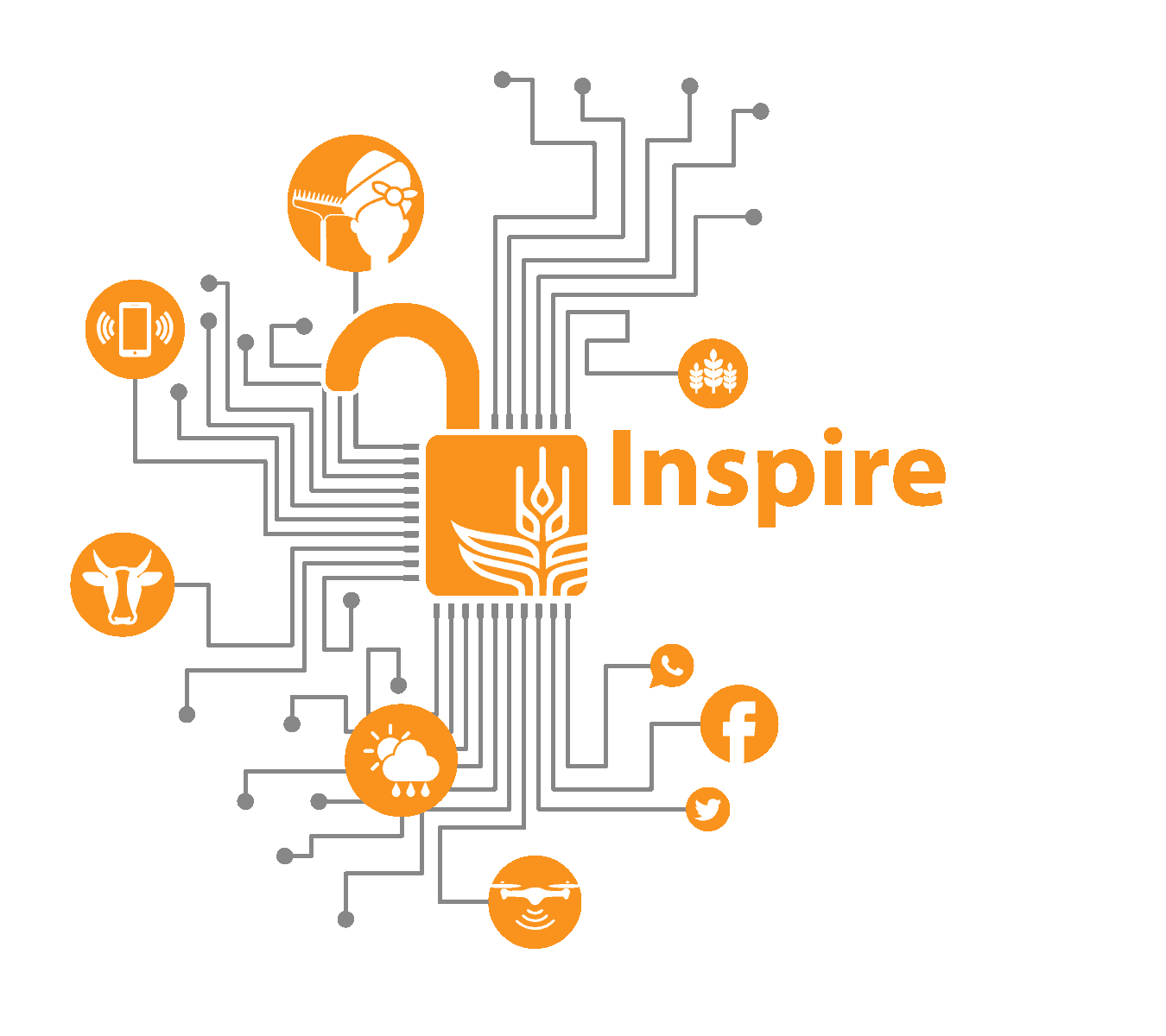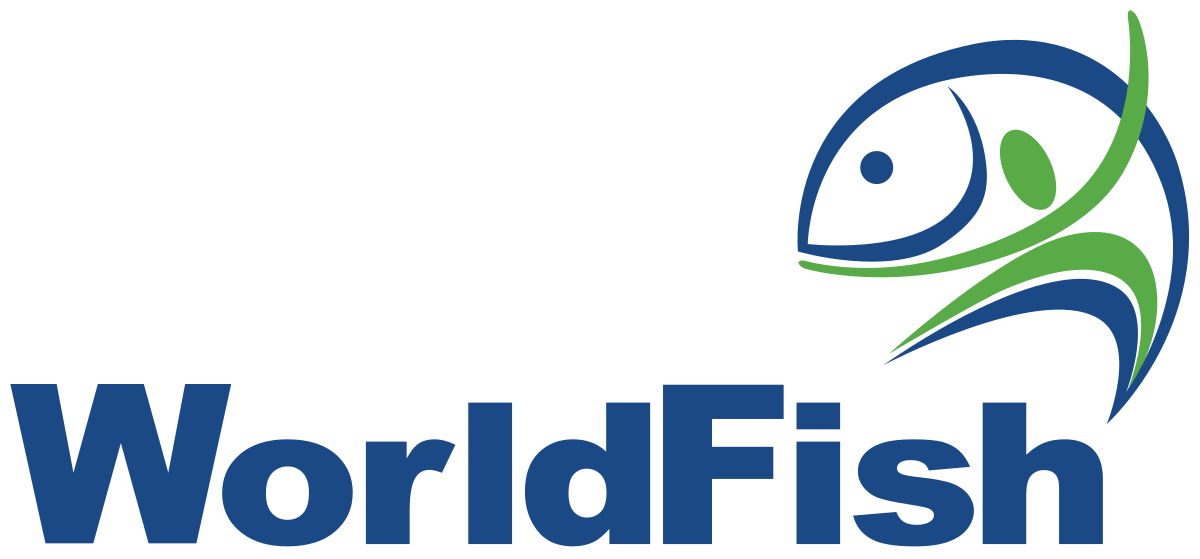2020 Finalist
Rapid field detection of hazards in aquatic foods
Malaysia, Bangladesh

Aquaculture and small-scale fisheries are increasingly recognized for their contribution toward poverty alleviation and nutrition in poor developing countries. Yet, aquatic food-hazards risk management for safe human consumption remains a major issue along supply chains. The absence of a simple, portable tool to detect and predict contaminant levels in aquatic food products is a major limitation as current detection methods are lengthy, expensive and mostly unavailable where needed.
As alternative to lengthy and costly laboratory analyses, the project proposes a portable, user-friendly point-and-shoot near infrared (NIR) device for rapid field screening of key aquatic food contaminants. Prediction models will be developed from IR calibration datasets via machine learning tools. Our devices will then be deployed to remote areas for monitoring in aquaculture and small-scale fisheries value chains.
Three contaminants of concern in aquatic food products will be investigated, each representing a category of common contaminants in aquaculture coming from external sources as well as the culture and harvest stage of production.
The integration of machine learning with the capability of NIR technology to detect various contaminants allows for a wide target audience comprising farmers, consumers, inspection agents and retailers. The adaptability of the platform will open up future possibilities of screening a wider range of other hazards in aquatic foods.
The Inspire Challenge is an initiative to challenge partners, universities, and others to use CGIAR data to create innovative pilot projects that will scale. We look for novel approaches that democratize data-driven insights to inform local, national, regional, and global policies and applications in agriculture and food security in real time; helping people–especially smallholder farmers and producers–to lead happier and healthier lives.
Partners





